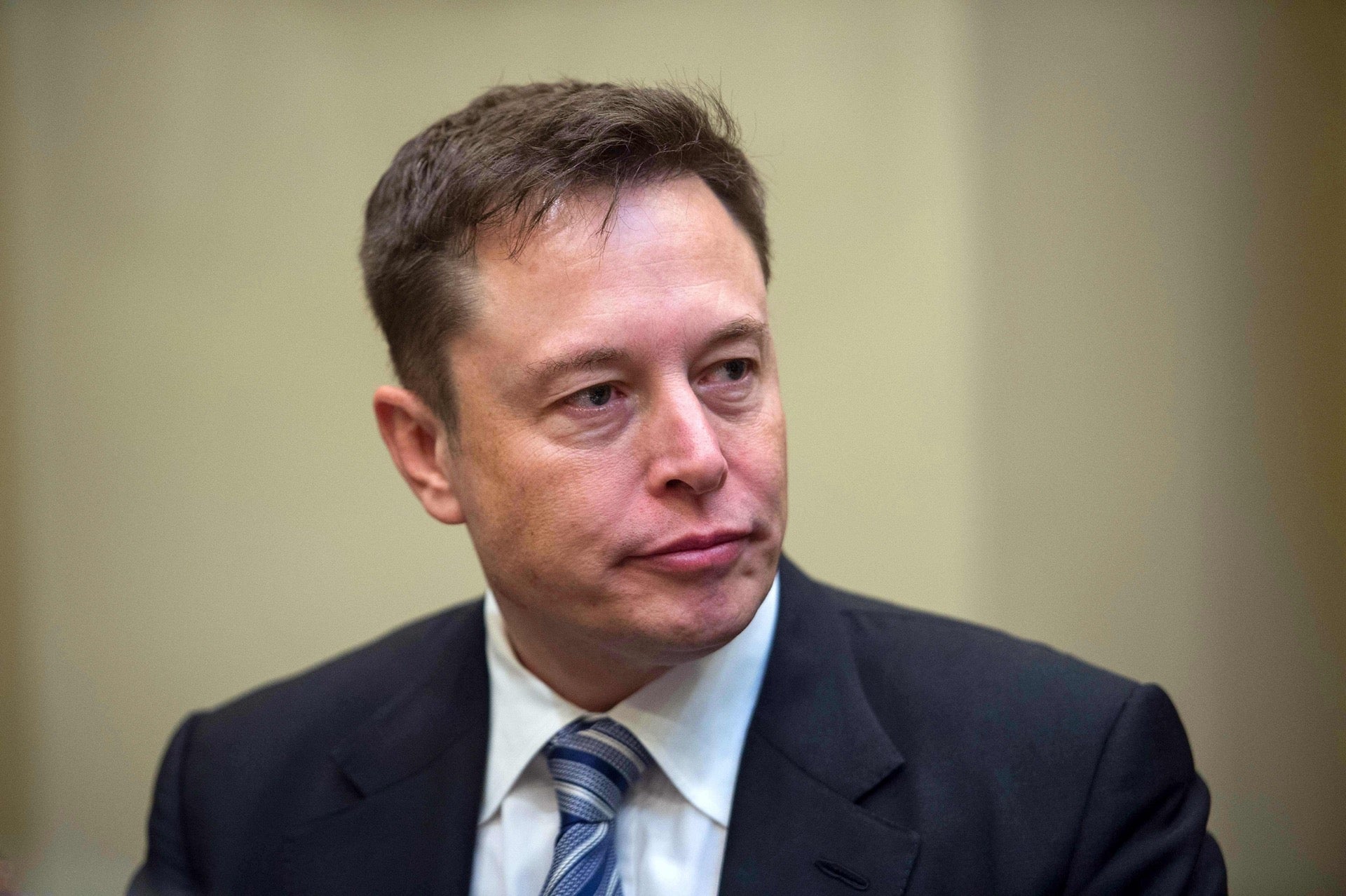
Famous battery car company Tesla has been forced to rethink its forecast that it would have a fully self-driving car by the end of 2021.
During a Tesla earnings call in January, company founder Elon Musk said he was “highly confident the car will be able to drive itself with reliability in excess of human this year.”
Musk has also boasted on Twitter about Tesla’s beta test of its “full self-driving” (FSD) program, launched in October to a limited number of workers and customers. However, the PayPal co-founder has now had to back-pedal on his claims that the company would have FSD technology at hand by the end of 2021.
It has emerged that during a March 9 conference call between Tesla representatives and the California Department of Motor Vehicles, the automaker admitted that the tech was still some way off.
“Elon’s tweet does not match engineering reality … Tesla is at Level 2 currently,” the regulators said in a memo about the meeting, Reuters has now reported. Level 2 technology refers to a partially automated driving system, which requires supervision by a human driver. A vehicle would be fully automated only at Level 5.
Legal transparency group PlainSite released the memo after obtaining it via a Freedom of Information Act request.
How well do you really know your competitors?
Access the most comprehensive Company Profiles on the market, powered by GlobalData. Save hours of research. Gain competitive edge.

Thank you!
Your download email will arrive shortly
Not ready to buy yet? Download a free sample
We are confident about the unique quality of our Company Profiles. However, we want you to make the most beneficial decision for your business, so we offer a free sample that you can download by submitting the below form
By GlobalDataThe memo suggested that Musk had given his 2021 time frame by estimating the rate of improvement of the technology, but that Tesla now said that 2021 for self-driving cars may have been a bit too confident.
The California DMV’s memo cautioned Tesla’s leadership against being overly bold in the future.
“As Tesla is aware, the public’s misunderstanding about the limits of the technology and its misuse can have tragic consequences,” the memo said.
It’s not surprising to hear that truly self driving cars won’t be available this year. According to GlobalData expert forecasts, fully autonomous and driverless vehicles are not expected in any significant numbers until around 2030. Even then, they will only account for under 2% of the annual global light vehicle market, rising to around 5% by 2035.
That hasn’t stopped carmakers and tech companies investing in self-drive technology, though some early entrants are now selling off their autonomous vehicle teams. In April, Toyota announced that it would acquire US ride-hailing company Lyft’s self-driving car unit in a $550m deal. In January, UK-based startup Oxbotica secured $47m in a Series B round to bring driverless cars to roads around the world.
Tesla founder Elon Musk has a tendency to say things he’ll regret. In the past, the Tesla and SpaceX founder’s tweets have seen him embroiled in disputes with the US Securities and Exchange Commission (SEC) after he said he’d take the car company private, which sent shockwaves across the market. Tesla is still publicly traded today. The tech tycoon’s tweets about dogecoin earlier this year were also apparently investigated by the SEC.
But Musk isn’t the only high profile executive to make overly optimistic pronouncements on self-drive tech. Google founder Sergey Brin famously predicted that there would be self-driving cars “for ordinary people” within five years … in 2012.



